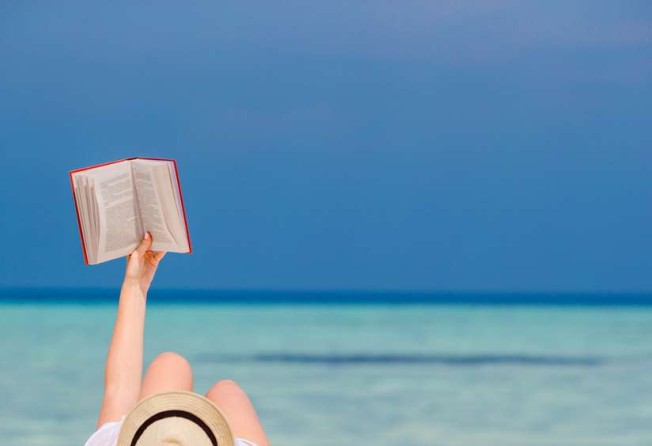
Which books will 14 leading contemporary writers be reading on the beach?
If you’re wondering what to read on holiday this year, let some of the most discerning voices in English writing be your guide

During summer holidays, not much beats hitting the beach with a good book. Ahead of this year’s holiday season, a range of leading writers were asked what books they would recommend readers take with them on their break. From recent releases to classic literature, here are their tips.
Julian Barnes

Sara Baume

Cynthia Bond

Marion Coutts

Tessa Hadley

As a counterpoint to these dark fictional explorations, I’m greatly enjoying the lucid, reasoning intelligence and vivid character sketches in English Voices (Simon & Schuster), a collection of Ferdinand Mount’s essays on literature and history and politics, that speaks with depth and sophistication to our political moment.
Sarah Hall

Emma Healey

Kazuo Ishiguro

David Mitchell

Andrew Motion


Ian Rankin
I’ve just finished rereading Dickens’ Bleak House for a talk I’m giving in Aberdeen in a few weeks. Always a pleasure to eavesdrop on Dickens’ wide and wild cast of players. In August I’ll be interviewing some writers at the Edinburgh International Book Festival, which means poring over the latest offerings by musician Tim Burgess, comedian Stewart Lee and thriller writer Frederick Forsyth. After all of which I can get back to the tottering to-be-read pile by my bedside.

Lionel Shriver
For those who savour indignation (one of my favourite emotions), Mark Lawson’s The Allegations is great fun, and it provides at least the illusion of an inside track on the non-fiction backstory. I loved Mark Haddon’s The Pier Falls, whose title story is either perfect beach reading, or perfectly terrible beach reading, depending on your level of perversity.
Marcel Theroux

Colm Tóibín

Mike McCormack has always been among the most adventurous and ambitious Irish writers. His novel Solar Bones, written in one single sonorous sentence, tells the story of a family in contemporary Ireland. The Way to the Spring: Life and Death in Palestine by Ben Ehrenreich (Penguin) is a result of three years spent going back and forth to the West Bank, living in the cities and villages. It promises to be a good companion piece to Dervla Murphy’s A Month by the Sea: Encounters in Gaza (Eland) and her Between River and Sea: Encounters in Israel and Palestine (Eland), in which one of the wisest travel writers working now casts her penetrating eye on daily life in the Middle East. I found Hisham Matar’s The Return, in which he tells the story of his father’s arrest and disappearance in Libya, riveting.